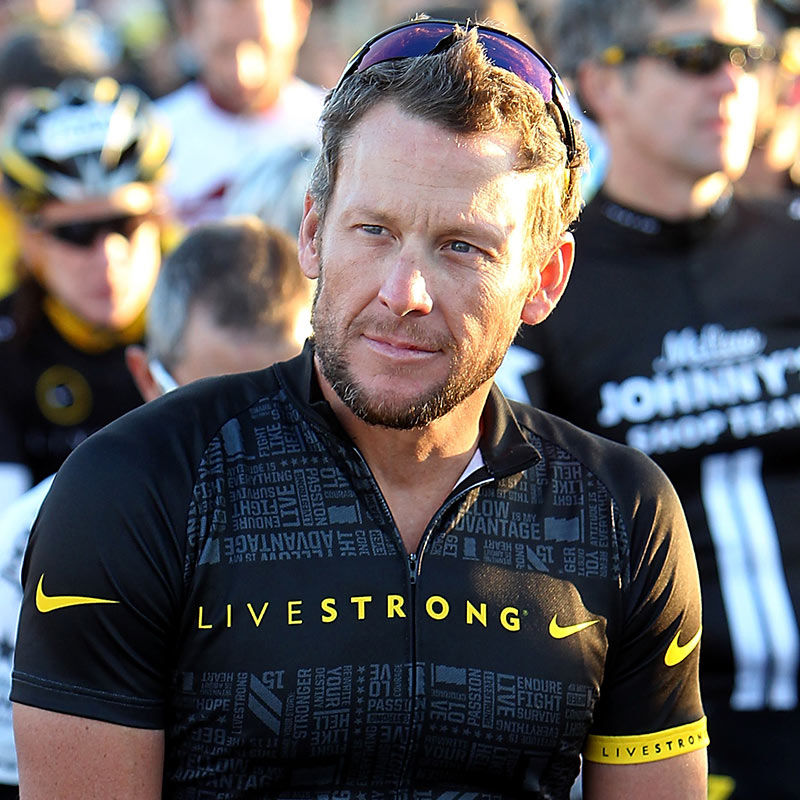Integrity is “adherence to moral and ethical principles; soundness of moral character; honesty.”
The public knew the facts before Lance Armstrong admitted to using performance-enhancing drugs (PEDs) in his interview with Oprah. Teammates and witnesses had already told stories about Armstrong that belied his pristine public image.
Armstrong’s PED use and illicit drug transfusions were not victimless crimes.
(I hesitate to pick on Lance Armstrong, because it’s not right to define a person by his or her worst choices. I also don’t want to be the one to cast a stone or label him, but I mention him because he’s a good case study.)
Armstrong’s lack of integrity impacted his interactions with others. One price of his dishonesty was the mistreatment of the people around him.
Dishonesty always costs — even if we succeed in hiding it. Scandal, lies and deception always drag others down. They always waste potential for good. Think of ruthless leaders in world history. Think of unethical business owners and athletes who gain unfair advantages through illegal drugs. Think of the Garden of Eden.
One person’s lack of integrity can be far-reaching — so can one person’s integrity.
Think of Jesus, who by His honesty, integrity and faithfulness, places us above the kingdom of lies. By looking at Lance Armstrong and Jesus we can see God’s intent for our behavior to impact others and their behavior to impact us. God made humanity like a quilt, interconnected, not individuals acting independently on their own islands.
Moral Character Snowballs
No one is an island. We might feel independent and autonomous. But even when we get groceries "by ourselves" we rely on the store, farmers, sellers, buyers, transporters, packagers and clerks to do something as simple as buy an apple. Then, we drive home in a car someone else designed and manufactured. That simple act you "did alone" required the work of a hundred people. Independence is an illusion. We are dependent on each other and we impact each other. We are interconnected. That is how God made it.
We might think our personal decisions are private, but they aren't. We might think our behavior is separate from others, but it's not.
Our personal choices reach farther than we fathom and they reach in directions we can’t anticipate. We know that because we have been impacted by others in ways we wouldn’t guess. Imagine a role model who is four years older than you saying, “I didn’t drink until I was 21,” or saying, “I started binge drinking the first weekend I got to college.”
It’s crazy how words like that can stick with us and persuade us. That role model’s personal moral character seemed independent, but it wasn’t. They influenced you and a slew of others. Moral character snowballs.
Not only do we impact people more than we think, we impact more people than we think. One of the reasons I graduated from college was the kindness of my anatomy professor. Since I was the slowest test taker in the world, she allowed me extra time to finish. She also coached me through a personal dilemma, which helped change the course of my life. She probably didn’t think she was making a difference, but her character not only reached me, but it also reaches those I reach and those they reach. Moral character snowballs.
It is God’s intent for our personal moral character to matter to many. Like it or not, our personal ethics are far-reaching.
We can’t not make a difference. We were made to matter.
No one is an island.













